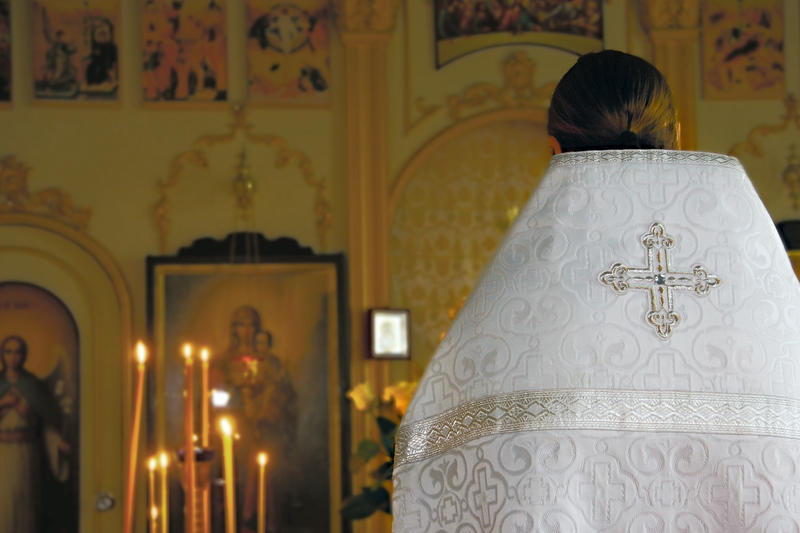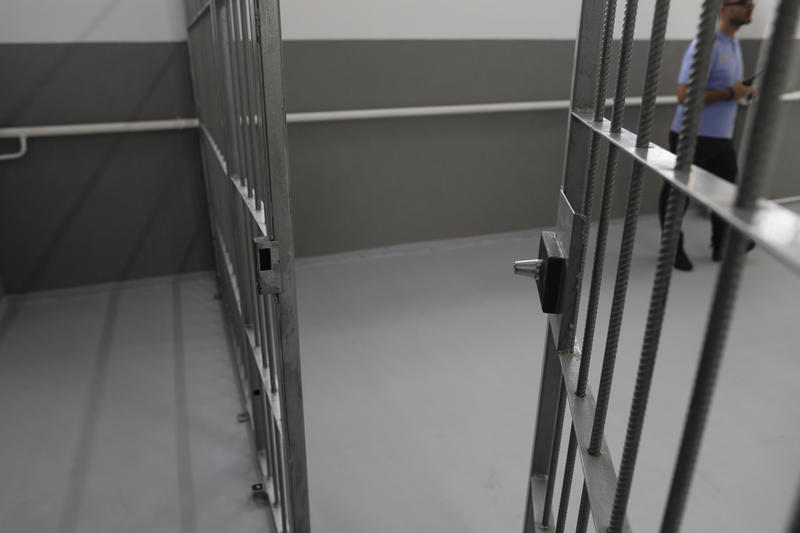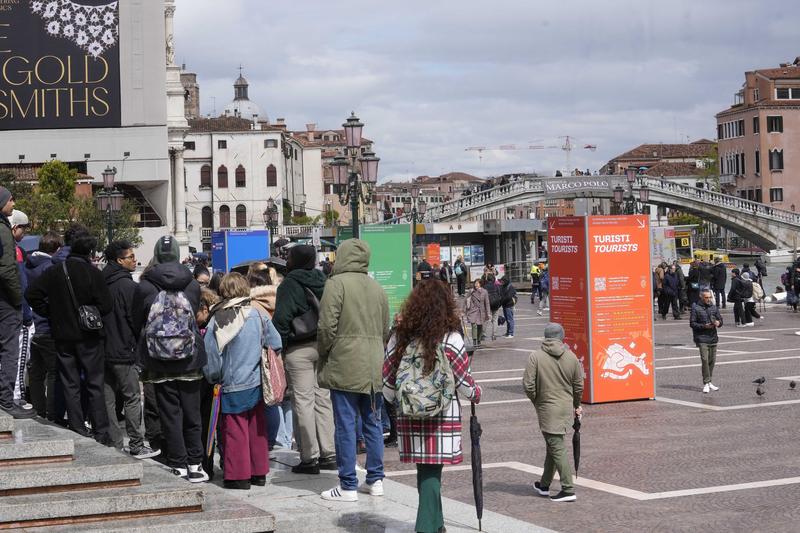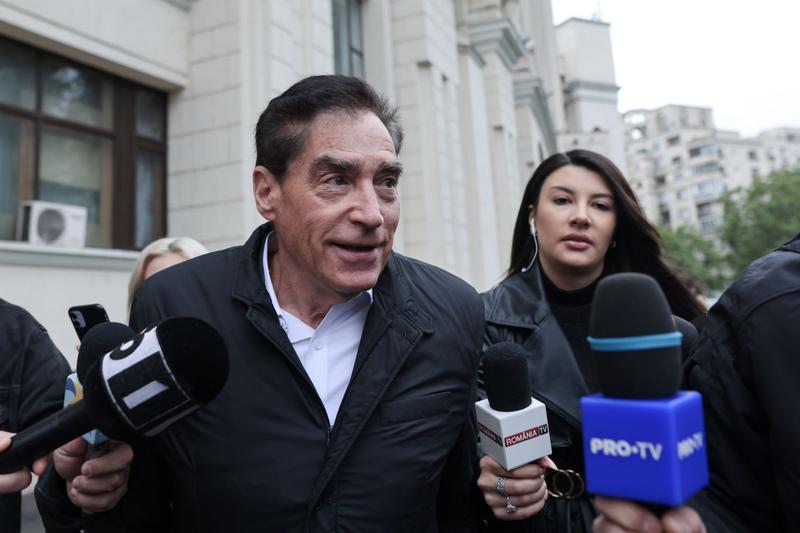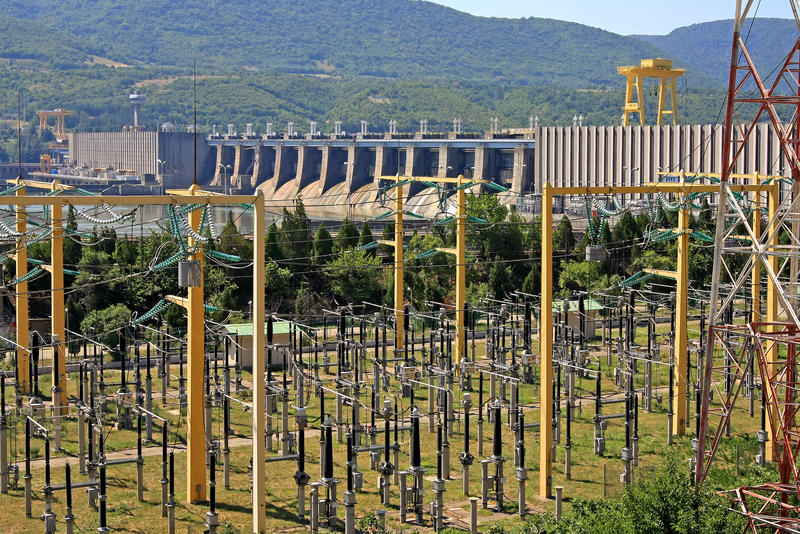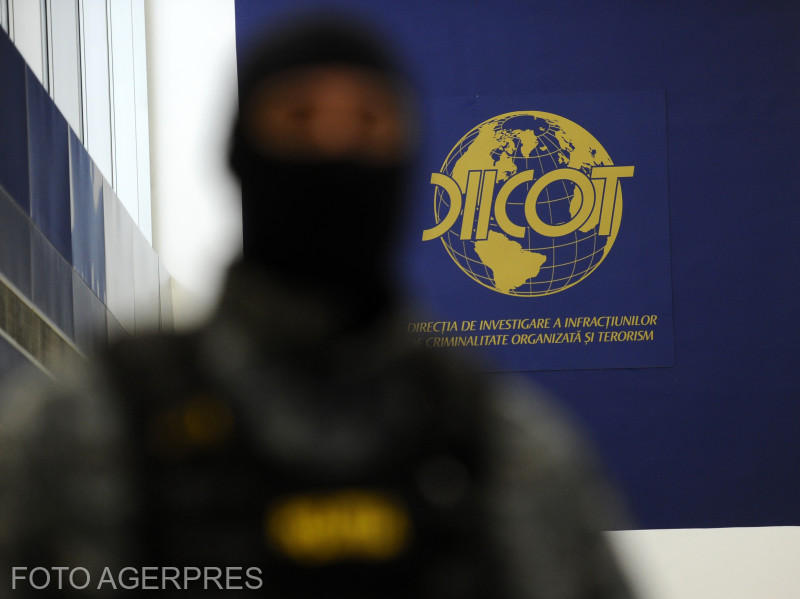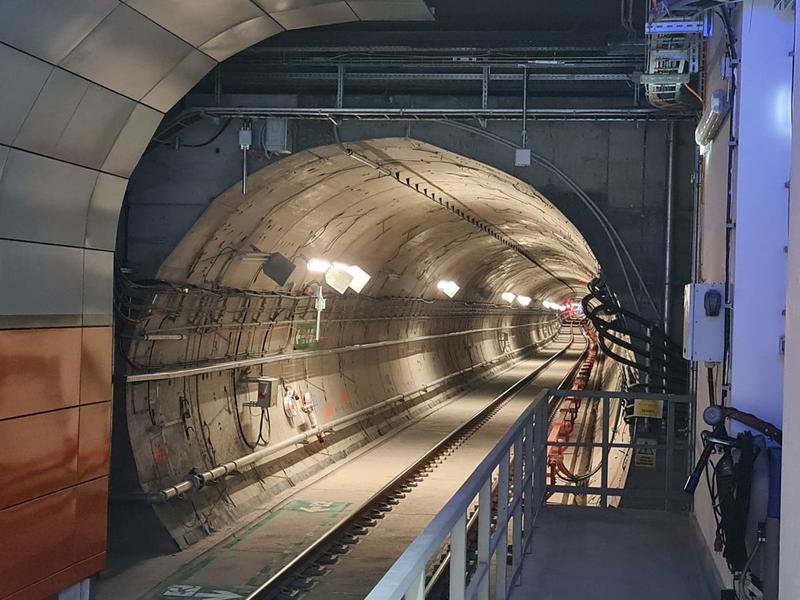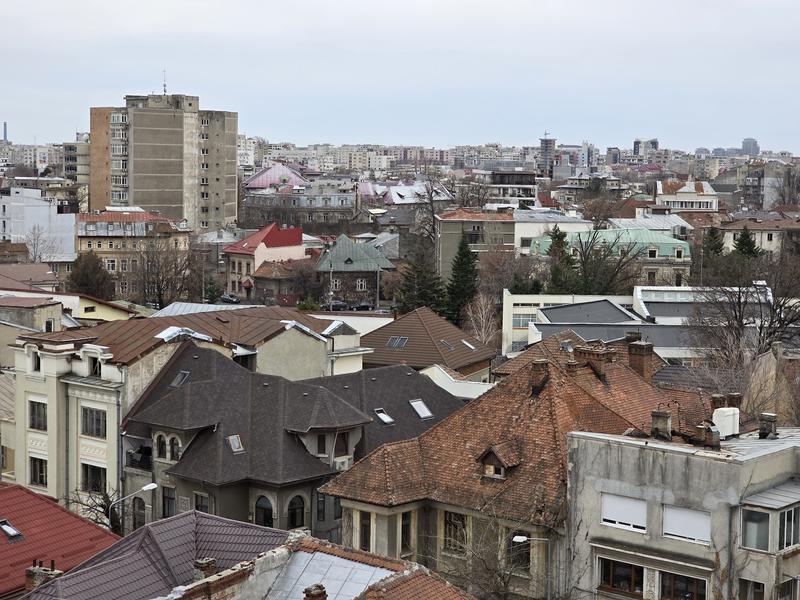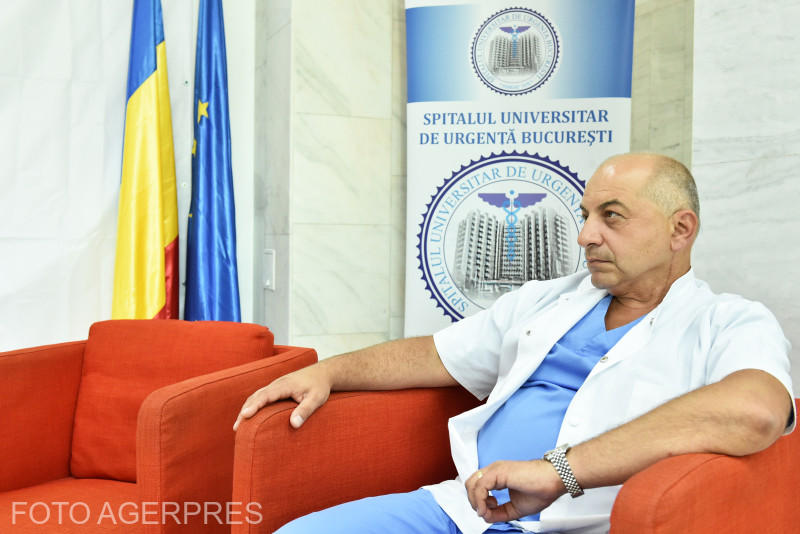What are the problems of the World Bank in Romania when implementing justice projects? What are the main drawbacks? How is the latest EC justice report perceived? Why does the WB see great corruption cases? Lawyer Ruxandra Costache talks about all this in an interview for EurActiv.ro.
The World Bank supports Romania’s reform of the justice project by the financing it offers for its implementation, WB expert Ruxandra Costache said. The financing was approved back in 2006 after a project set up in collaboration with the Justice Minister at the time. It was an initiative of the Justice minister Monica Macovei as part of Romania’s accession to the EU. The Bank is a partner of the European Commission in monitoring the justice system in Romania and is helping the Commission write the report.
The WB attempts to be very pragmatic and see the benefits of this service. Costache explained that the World Bank considers that material and human resources are not efficiently used at the moment and a pragmatic view of those administering the system would be more useful.
About the justice system, Costache says that in Romania there is not a correct management of courts, they need more training on the management part and a set of clear cut criteria for judges and courts performances. The problems we stumble upon in implementing our projects are of institutional nature in the first place and we talk with many institutions, not just one, WB expert said.
Another obstacle identified by Ruxandra Costache is the bureaucracy at the administrative level where there is a complicated chaos which is hard to control and which inevitably creates blockages. The World Bank aims at helping responsible institutions optimize their activity.

